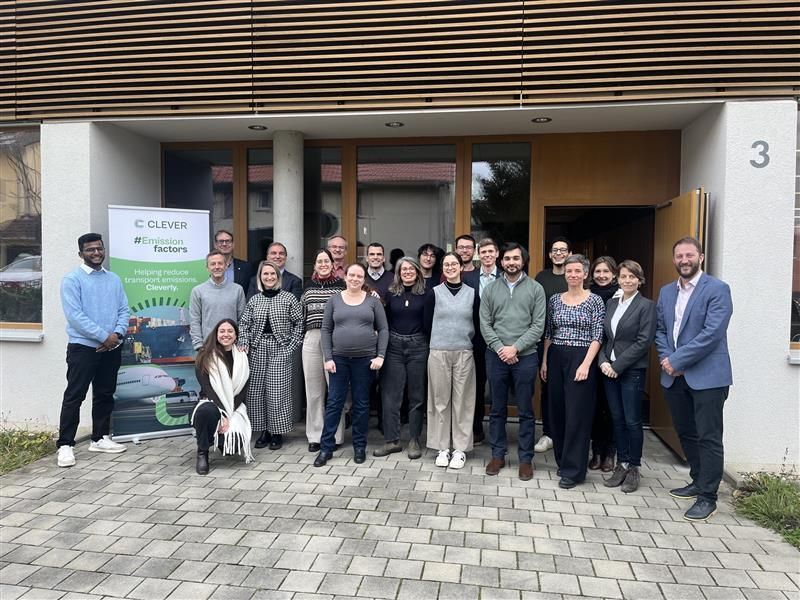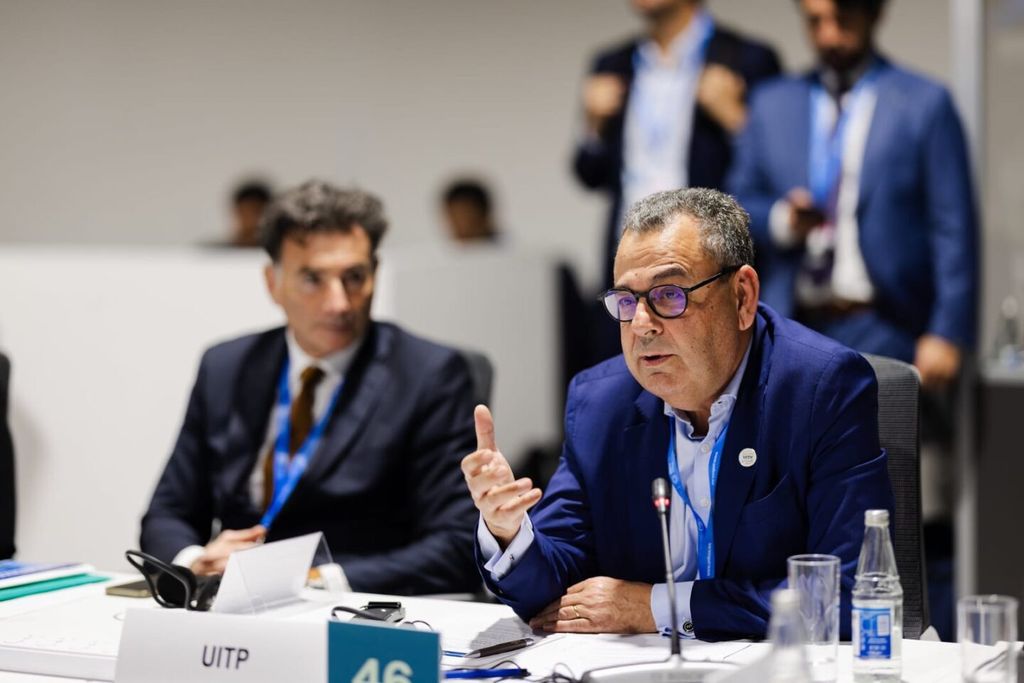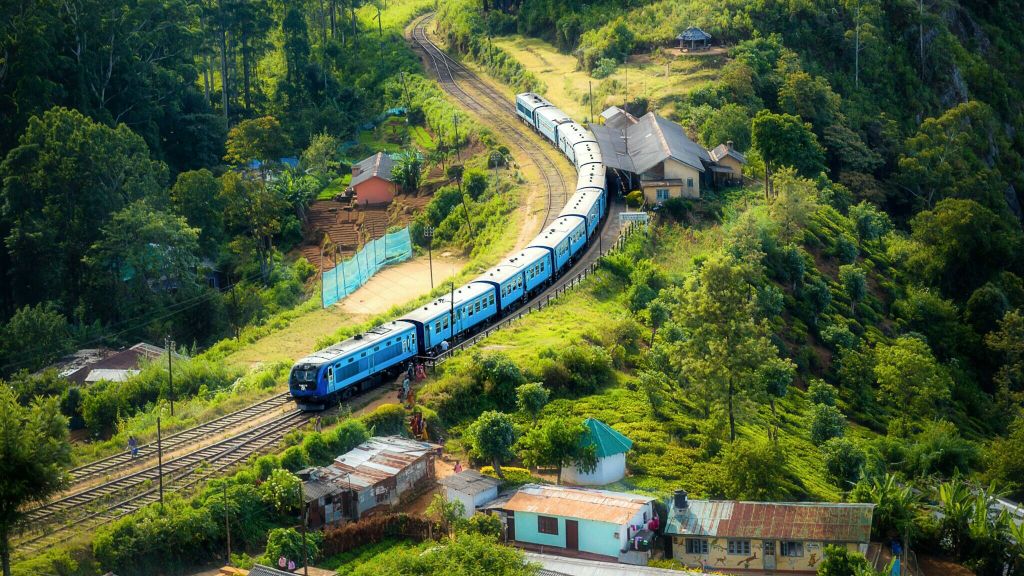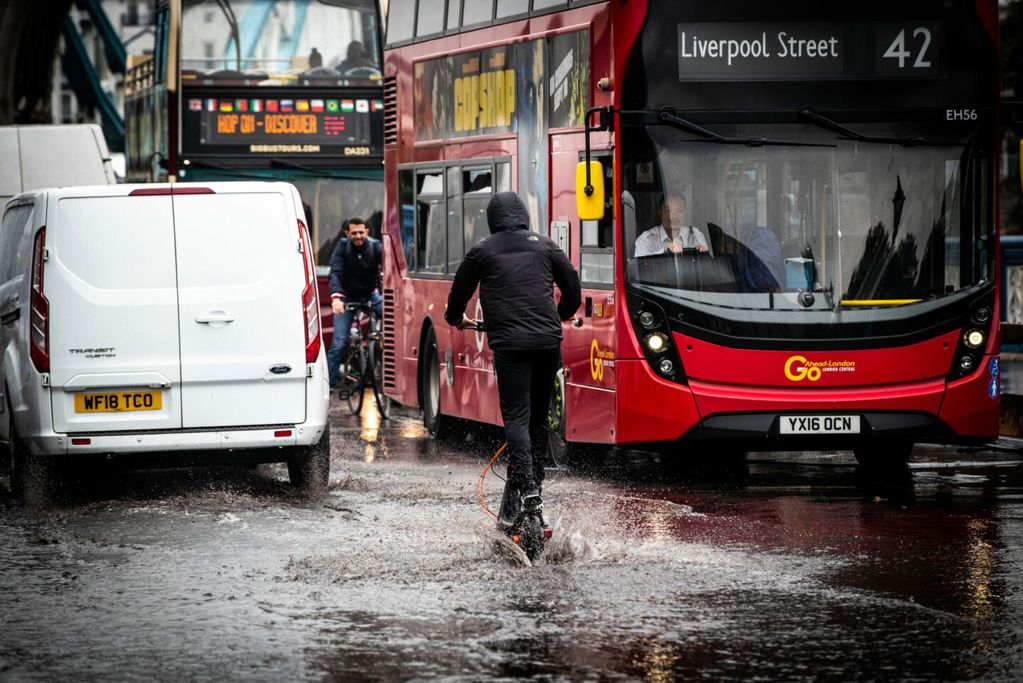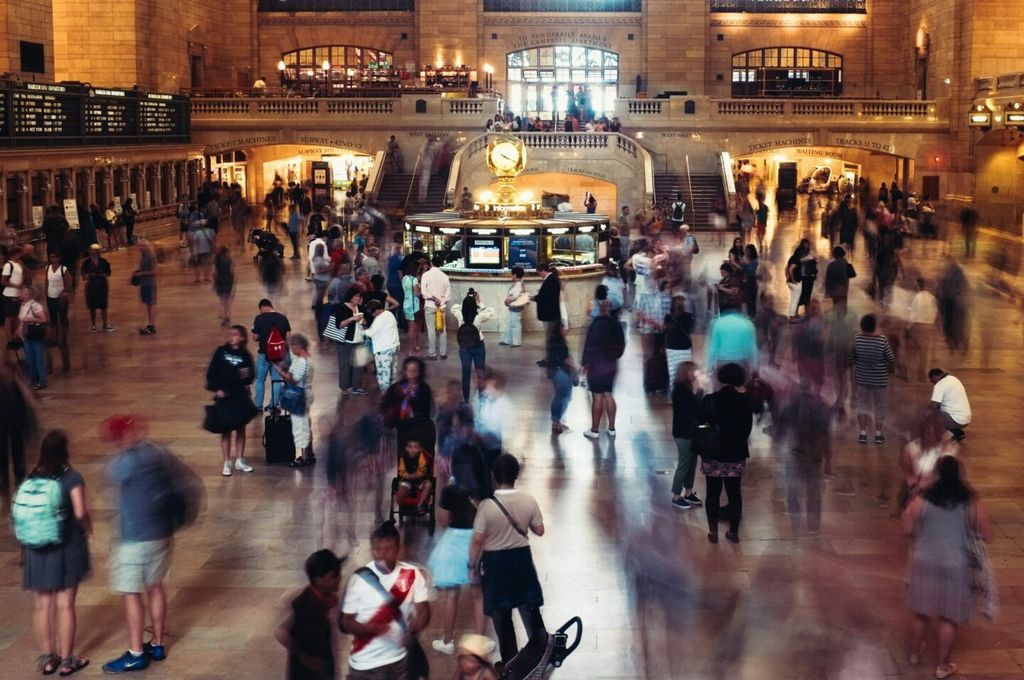
COP28 and Beyond: Dubai RTA's Roadmap to Zero-Emission Transit by 2050
Dubai’s Roads and Transport Authority (RTA) is leading a dynamic shift towards a greener future with its Net-Zero Emissions Public Transportation 2050 Strategy. This bold initiative underscores Dubai’s commitment to a sustainable future, aligning with global and local environmental goals to transform its public transportation system into a zero-emission network.
Meticulously devised to reflect a global-local synergy, the strategy aligns with the United Nations Framework Convention on Climate Change (UNFCCC), the Paris Climate Agreement, and the Sustainable Development Goals. It also resonates with the UAE’s Net Zero 2050 Initiative, signifying a deep-rooted commitment to environmental stewardship.
At the core of the RTA’s plan is the transformation of Dubai’s public transport into a green mass transit network. By 2050, the RTA envisions a full transition to zero-emission public buses, taxis, and school buses. This evolution will be powered by a systematic decarbonisation plan that incrementally shifts public transport vehicles to electric and hydrogen fuel sources. The strategy is supported by progressive targets, with significant milestones set for each decade leading up to a completely zero-emission fleet by 2050.
The decarbonisation journey begins with public buses, with a planned 10% adoption of electric and hydrogen power by 2030, laying the groundwork for the eventual total overhaul. The decarbonisation drive extends to taxis and limousines, aiming for total emission-free operations by 2040. School buses are also a priority, with their decarbonisation pivotal to protecting the health of Dubai’s youth and improving air quality for all residents.
The RTA’s commitment to sustainable public transport is complemented by its plans for taxi and limousine services, which are expected to be entirely emission-free by 2040. The interim period will see the implementation of robust renewable energy solutions across RTA’s operations, contributing to a significant reduction in the transportation sector’s carbon footprint.
Beyond vehicle emissions, the RTA recognises the significance of sustainable practices across all its operations. Waste management and green buildings are essential components of the larger sustainability framework. By 2030, the RTA aims to achieve zero waste sent to landfills, supported by comprehensive water recycling in its buildings and facilities.
The strategy compliments other initiatives of RTA like the ‘First and Last Mile’ solutions to enhance connectivity for commuters and reduce reliance on personal vehicles. Additionally, afforestation projects and digital enhancements form part of the RTA’s comprehensive approach, enriching Dubai’s urban landscape and elevating the customer experience.
As Dubai prepares to host COP28 and other global forums…
RTA’s strategy serves as a blueprint for how cities can take proactive roles in mitigating climate change. It’s a declaration that Dubai is not just planning for sustainable mobility but actively forging the path towards it.
In alignment with its net-zero vision, RTA has crafted a robust plan for COP28 to ensure safe and sustainable transportation for all delegates and visitors. During the conference set to take place in Expo City Dubai, RTA will extend the operation hours of the Dubai Metro, ensuring seamless connectivity from 5:00 AM to 1:00 AM the following day. Additionally, 67 eco-friendly buses will serve four strategic parking areas within Expo City, providing convenient access and mobility.
Over 10,000 hybrid and 1,000 electric vehicles will be dedicated to servicing the luxury transport needs of the event, showcasing Dubai’s commitment to upscale, sustainable mobility. Furthermore, RTA has established new bus routes that will facilitate the transport of delegates to various essential locations across the Emirate, ensuring that the journey to and from the conference is as eco-friendly as it is efficient.
This ambitious transportation plan is a testament to RTA’s commitment to environmental care, aiming for a major cut in carbon emissions. The measures introduced for COP28 are just a glimpse of what’s to come, as Dubai strides toward a future where its public transport is as green as it is efficient, setting the stage for a cleaner, sustainable city by 2050.

